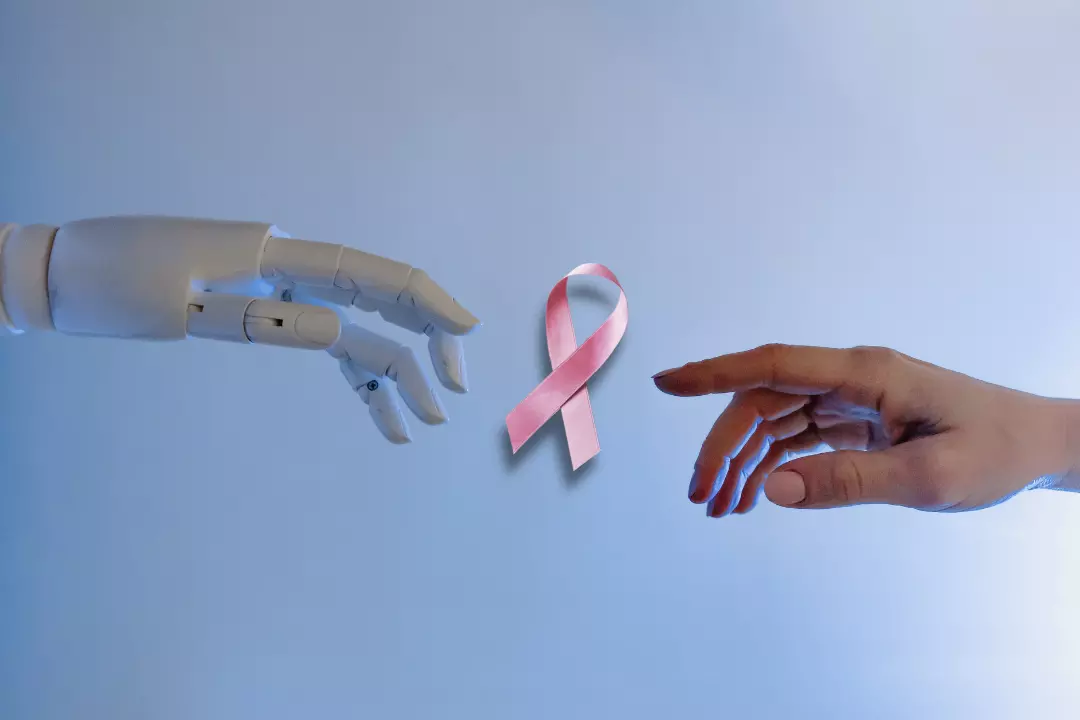
AI for breast cancer detection: 17% improvement in screening accuracy
text_fieldsA groundbreaking study from the University of Lubeck in Germany has revealed that artificial intelligence (AI) can enhance breast cancer detection rates by more than 17%. The research, which marks the largest-ever implementation of AI in breast cancer screenings, has shown promising results in improving diagnostic accuracy and efficiency.
The study, involving 119 radiologists and screenings of 460,000 women, allowed radiologists the option to use AI in their reviews. The results indicated that AI-assisted radiologists achieved a cancer detection rate of 6.7 per 1,000 screenings, a 17.6% increase compared to traditional methods. In addition, biopsies prompted by AI-assisted readings confirmed cancer in 65% of cases, compared to 59% in screenings without AI.
The impact of AI extended beyond just detection rates. The study revealed that AI also significantly reduced the workload of radiologists, enabling them to complete readings 43% faster without sacrificing accuracy. This efficiency could potentially lead to quicker diagnoses and more timely interventions for patients.
Why is study important?
Early detection of breast cancer is crucial for saving lives, yet traditional mammogram screenings can be time-consuming and prone to human error. The AI technology used in this study promises to assist radiologists in identifying suspicious cases more accurately, minimizing the chances of missed detections. With AI's support, fewer cases may go undiagnosed, potentially saving many lives.
The study participants, aged between 50 and 69, underwent mammography screenings from 2021 to 2023. Half of the participants were screened with AI, while the other half relied on standard procedures. The aim was to assess whether AI could help radiologists detect more cancers without increasing unnecessary recalls—when a second imaging test is required due to ambiguous findings.
The role of AI
AI's role in the study was pivotal. It helped identify cancers with greater accuracy, reducing the likelihood of false positives. AI-assisted screenings were able to flag suspicious cases for further review, allowing radiologists to focus on critical findings while automating routine assessments. This not only improved diagnostic accuracy but also sped up the screening process, making it less stressful for patients.
Moreover, AI's ability to assist radiologists could help address the shortage of healthcare professionals, particularly in radiology, by improving efficiency and supporting overwhelmed medical staff.
This study, titled 'Nationwide Real-World Implementation of AI for Cancer Detection in Population-Based Mammography Screening,' has been published in 'Nature Medicine' and showcases the potential for AI to revolutionize breast cancer screenings. It offers a promising solution to enhance early detection, improve healthcare outcomes, and potentially save lives in the future.























